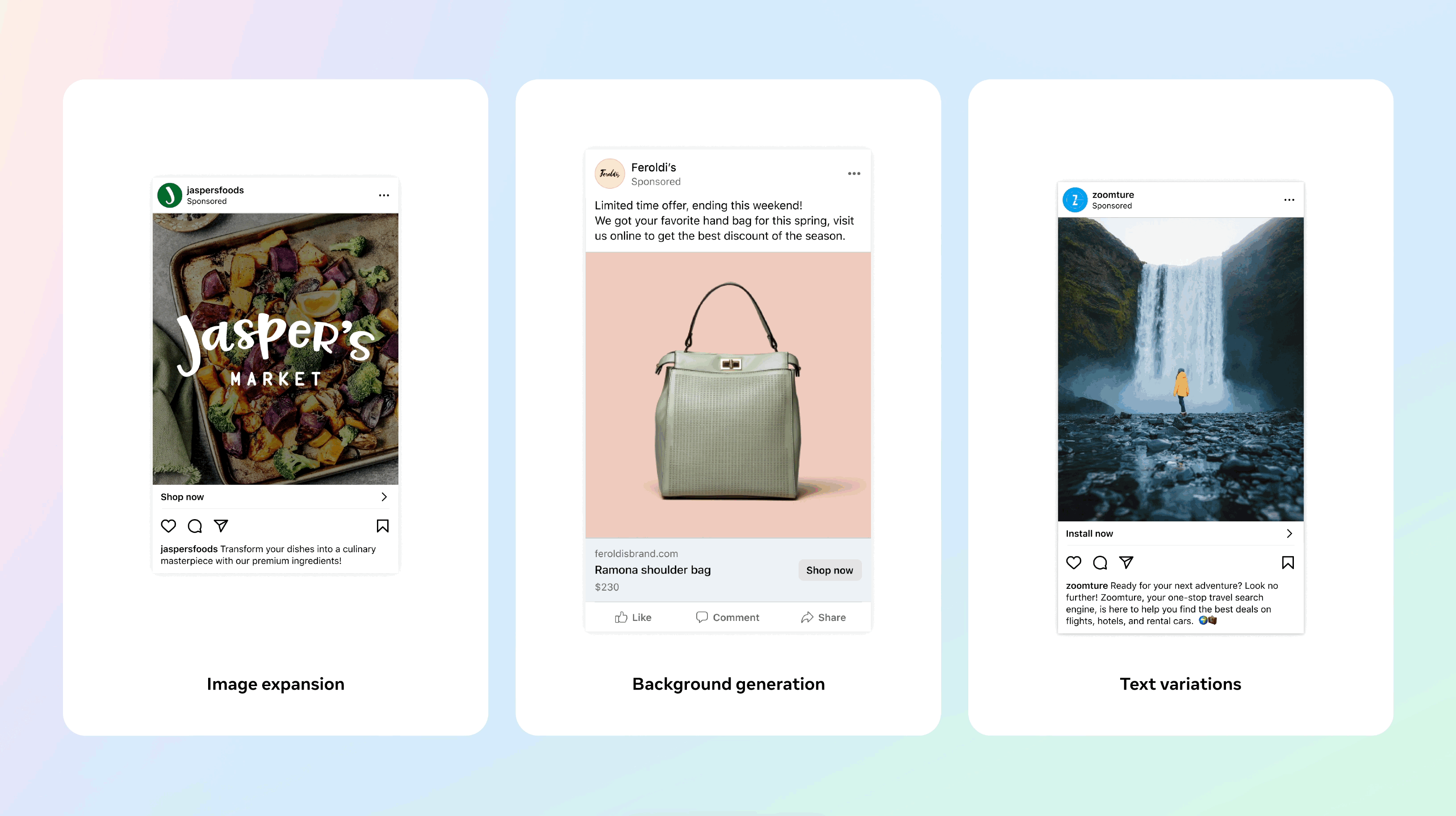Artificial Intelligence (AI)
Digital Marketing
1. The Evolution of AI

Figure 1: Artificial Intelligence Timeline Infographic by Harden (2017)
-
1950s-1960s: Early development of Chatbots
Early attempts involved applying linear programming and mathematical possibilities of AI to solve some business problems and enhance the decision-making process (Anyoha, 2017).
-
1970s-1980s: AI Winter
The emergence of expert systems and neural networks allowed marketers to model customer behaviour and offer personalized recommendations (Harden, 2017).
-
1990s-2000s: The rise of robotics and automation
The internet and e-commerce facilitated data collection and analysis, leading to the use of AI tools like web analytics and email marketing for online engagement (Anyoha, 2017).

-
2010s-2020s: Intelligent virtual assistant & Generative AI
Advancements in big data, natural language processing,and deep learning have revolutionised AI applications in marketing. Marketers now use AI to create content, predict behaviors, and enhance customer experiences (Jasminara, 2023).
2. The Application of AI In Digital Marketing
2. The Application of AI In Digital Marketing
Businesses will have to increasingly invent more AI-driven solutions to meet the evolving consumers’ preferences (Venkatesan and Lecinski, 2021). Ljepava (2022) confirms the importance of AI in 5 stages of the marketing process
ANALYSIS
STRATEGY
TACTICS
ENGAGEMENT
VALUE CREATION
2.1. Customer Analysis & Value Creation
AI has been deployed by marketers to analyse customer insights and predict behavioural patterns based on past transactions and big data.
A report by Influencer Marketing Hub (2023) shows that 60% of businesses employ AI in their market research. This includes social listening, predictive analytics, segmentation, product testing, etc. (Hughes, 2023).
For instance, Spotify uses AI-based technologies such as AI DJ to recommend music, podcasts, etc. based on consumers' preferences and past listening behaviours (Kaput, 2024).
Naum (2024) refers to this application of AI as hyper-personalisation which will help brands convey highly relevant messages or customise customer journeys to engage customers on a more personal level.
Marketers also use AI-integrated social listening tools to analyse sentiment on the Internet, producing customer insights to understand how people perceive and act towards brands' messages (Hayes, 2021).
The development of natural language processing (NLP) has advanced the software which now can analyse customer sentiment more contextually and monitor online conversations (Gruetzamacher, 2022).

Figure 2: Spotify's AI DJ recommends music based on personal preferences (Kaput, 2024)

Figure 3: Delta Airlines addresses concerns from conversations on X with AI social listening (Reed, 2023)

2.2. Engagement & Customer Service

Marketers have employed chatbots and virtual AI assistants to elevate customer service and enhance its efficiency. According to Garner (2022), chatbots will become a key tool for customer service by 2027, handling a large volume of inquiries and customise responses for each customer.
Bocian (2024) believes that chatbots will be soon capable of understanding human conversations and producing sentiment analysis on a more detailed level.
Figure 4: IKEA's AI assistant on Open AI GPT Store (Singsit, 2024)
AI in Advertising
Currently, we have seen the increase of AI-powered personalised ad campaigns on different platforms. Meta, for example, has announced AI-based features that allow advertisers to customise product images, resize the ads perfectly for any ad space, and get multiple ad copy of product's best features (Meta, 2023; Figure 6). This use of AI in advertising is believed to enhance ad visuals and optimise ad performance and engagement rate (Kaput, 2024).

Figure 6: Meta's AI-integrated advertising features (Meta, 2023)
3. The Future of AI in Digital Marketing
Hyper-personalisation
Hyper-personalisation is the future of customer experience, achieved through a combination of advanced data analytics and AI. This means brands will be able to develop hyper-personalised experience for each customer based on their unique purchase history, needs and preferences (Rusiñol, 2023). AI will support advertisers in segmenting customers using their behavioral patterns and delivering personalised ad messages (Lee, 2024). Naum (2024) predicted that AI-powered Customer Relationship Management will help brands build hyper-personalised customer journeys for deeper and emotional engagement. Deloitte (2023) reported that 80% of customers who experience hyper-personalised offerings not only spend more, but also will recommend the brand to friends and family.
Content Marketing
In the future, AI will be able to handle the production of high-quality content aligned with a brand's voice and goals(Lee, 2024). Importantly, AI will personalise content for specific audience segments and craft messages that resonate on an individual level more effectively (Lumagui, 2023). Furthermore, AI will soon become a content curator, constantly scanning news and latest information to identify trending topics and evolving audience interests (Lee, 2024). In the long run, AI will assist marketing professionals to augment their strategic planning and creative workflow, maximizing their impact on overall business objectives (Marr, 2023).